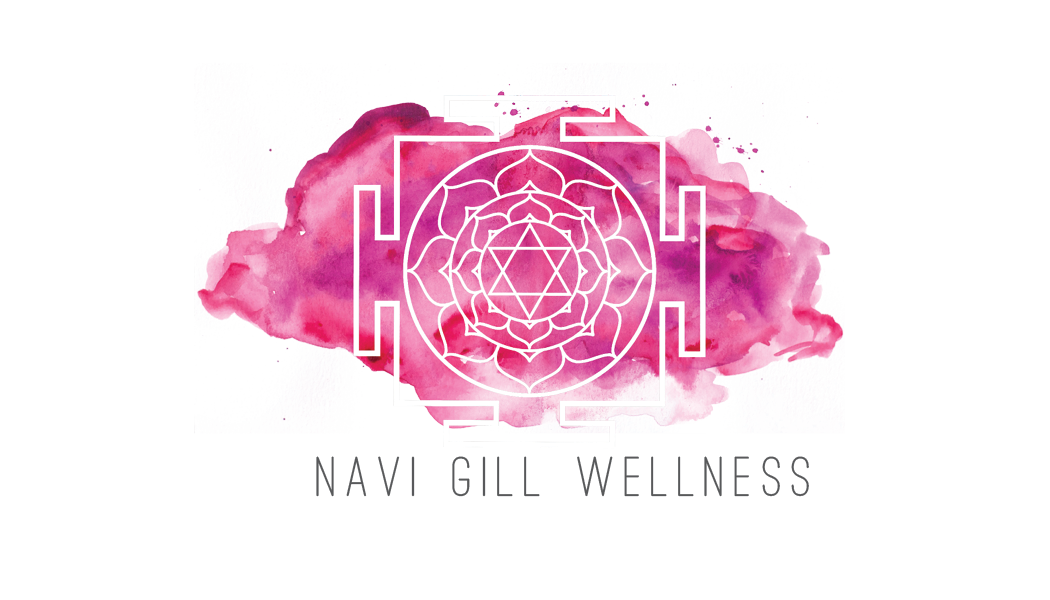Chai or Die
My Masala Chai or Die Recipe
(and why it gives me life)
Chai has been synonymous with Indian culture and a very special part of my life for as long as I can remember. Some of my most cherished and magical memories, celebrations and sorrows have been over cups of this sweet & spicy magic. Chai has been there with me when I've been sick in bed or when I am a gypsy exploring all the corners of world with my trusty backpack, when I've fallen deliriously in love with people and places, then when I've had to pick up the pieces of my heart in the aftermath. I've created genius ideas, manifested dreams, written poetry, cried over the same poetry, day dreamed, cried over some other shit, gotten lost in books, danced and laughed over chai. I've had chai on planes, trains, bumpy rickshaws, back of motorcycles, rooftops and on the floor, surrounded by warm company as the golden sun streamed through the veranda. On days it's been cold and the sun is playing hide and seek, my chai has warmed me from the core of my heart to my finger tips.
It is so much more than just a beverage, it is a companion, it is a ritual and labour of love.
Making chai for myself or my loved ones is a part of my daily life, I take it as an honour and a meditation where I am able to lovingly prepare something that is not only delicious, medicinal and healing but will connect me to others. Needless to say, I get a little bit emotional over my chai! I could share countless stories about the special times and extraordinary people and places I've shared with chai but for now, I will share my personal Masala Chai or Die recipe. The name was inspired by my homegirl Pranavi Suthagar's Not Sari Chai or Die pin which I am rocking above!
Recipe :
Serves 1 special soul
1/2 Cup Water
1/2 Cup your choice Milk/Mylk
2 Elaichi / Cardamom pods, crushed
1 Tbsp loose leaf organic black tea
1/2-1 Inch grated Adarak/ Ginger root * can increase or decrease depending how spicy you want it.
1/2 Inch fresh Haldi/ Turmeric root *optional
1/2 Tsp crushed Saunf/Fennel seed
1/2 Tsp Ajwain/ Carom Seed
Generous pinch of Jaiphal/ Nutmeg *optional
Sweeten to taste, I prefer Jaggery or raw cane sugar
On medium heat add your water and milk with all your crushed spices and herbs and let it heat for 5 minutes or so but not boil then add your black tea until the mix comes to a rolling boil. It should look creamy and a dark golden brown, you can add your sugar while it's on the stove or strain it into your favourite mug then add sweetener. Sit back, grab a book or grab a friend (be sure to double the recipe!) and create memories with my beloved chai!
Notes:
You are welcome to substitute milk with other non-dairy options, traditionally we use whole full fat organic cows milk in Punjab but I prefer oat or macadamia nut mylk for myself. Turmeric can be omitted if you choose but it is a delight for the cold winter months because of its healing, anti inflammatory, anti viral and warming properties. I prefer to add the milk and water together to make it extra rich and creamy like it is in India but you can also do all the steps above and add the milk after the black tea, herbs and spices mix comes to a boil. It will cool once you add the milk so you will let it come to a boil again three times when the mixture becomes a light golden brown. In Ayurvedic cooking milk has Kapha properties and when we boil it 3 times, it adds Vata (air and space) element to make it easier to digest. Ayurveda doesn't recommend excess consumption of caffeinated beverages because it elevates Pitta and Vata dosha however adding spices to tea helps balance the effects.








